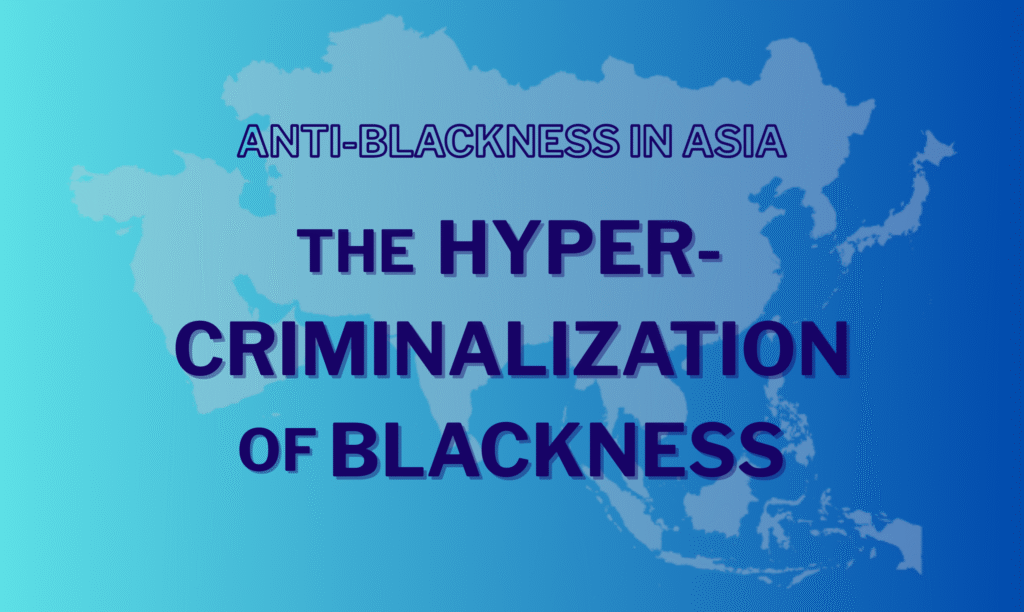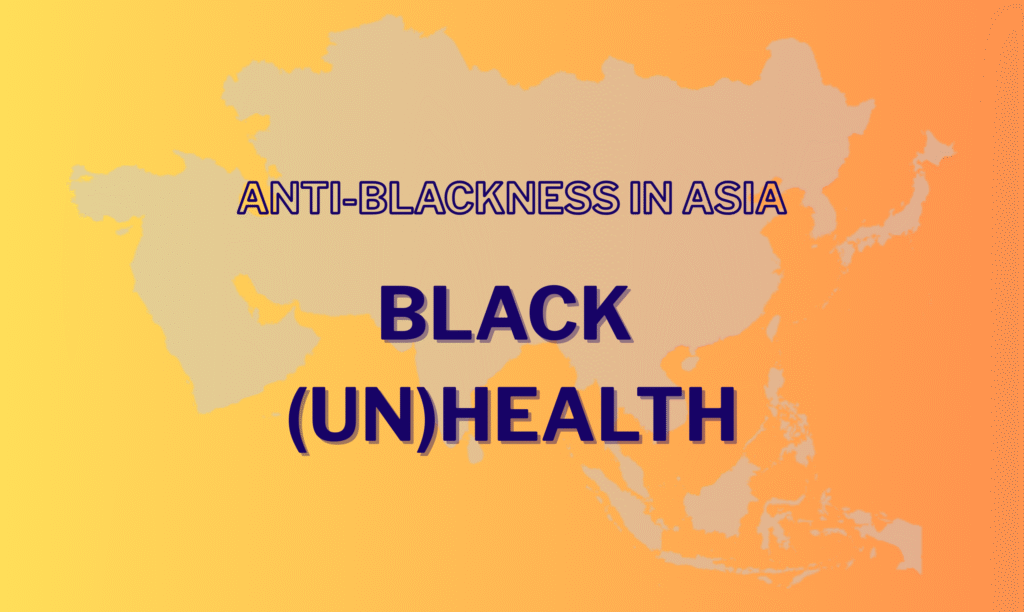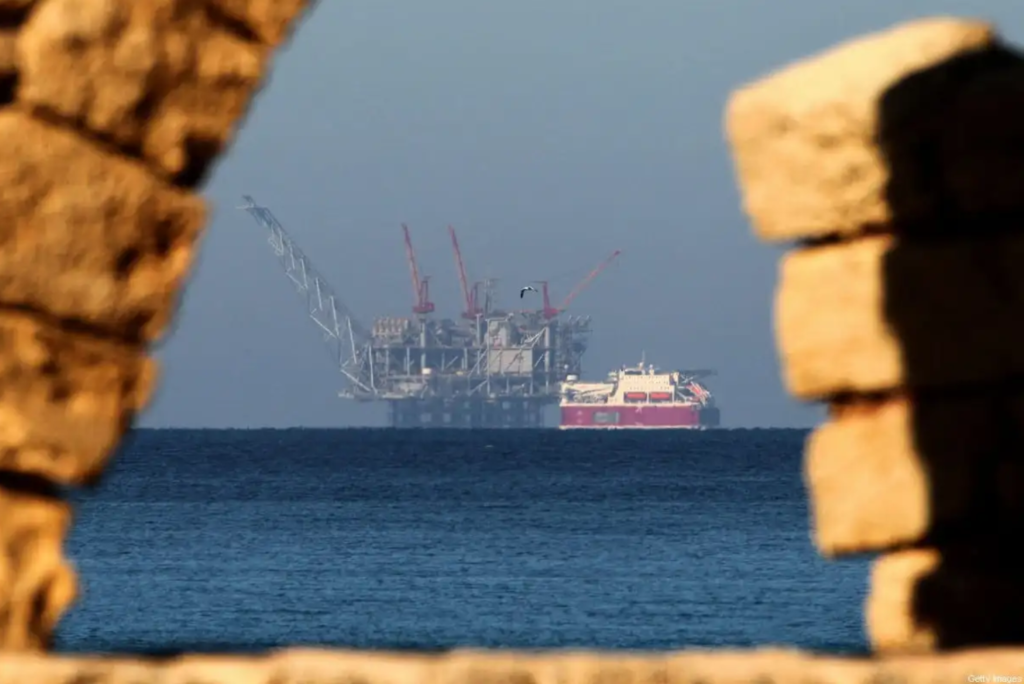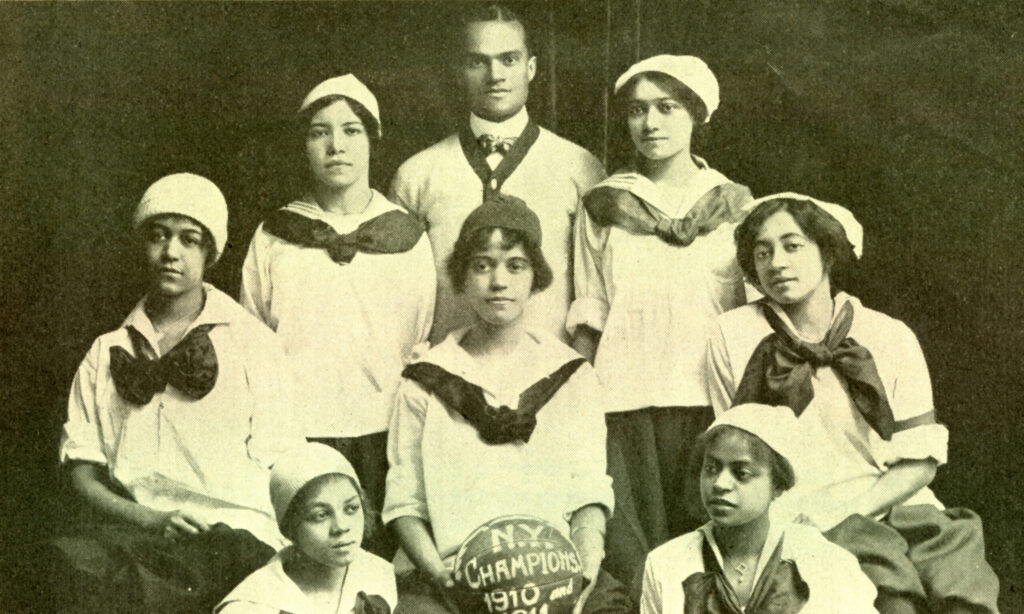A (rough) guide on how to join the fight
It’s hard to believe that it’s been a year since Israel’s current escalation of genocidal violence against Palestinians began on October 7, 2023 – a year in which likely hundreds of thousands of Palestinians have been massacred, and hundreds of thousands are on the verge of starvation, disease, and disablement; a year in which Israel’s violence has spread from Gaza to the occupied West Bank and Golan Heights, and even further to Lebanon; a year in which these horrors have been livestreamed to all of us around the world; and a year in which the Global North, led by the United States, has continued to arm Israel and allow Israel to commit genocide with full impunity.
And yet, in other ways, it’s not hard to believe at all. The reason I use the phrase “Israel’s current escalaton in genocidal violence” so often is because Israel has been committing genocide since its formation. And Palestinians have been fighting for liberation just as long.
If you have not yet become an ally and co-conspirator to that fight, it’s time for you to do so now. I have been an activist and organizer for a lot of my life, and I know the barrier to entry for activism can feel high, especially if you haven’t had much experience with it. With that in mind, I wrote up this guide for another space many months ago, but, unfortunately, parts of it continue to be relevant, so I thought I’d repost it here. I haven’t gone through to check that all the links are still active, so please let me know if you find any that are broken.
But first, a request.
Mutual Aid Request
I’m part of a team of friends working with two young people in Gaza, Rozan and Aboud, who are supporting both of their families as well to try and survive genocide. Given that it’s near-impossible to get out of Gaza right now, their needs are ongoing just for them to be able to have food, water, and shelter, let alone more advanced medical needs. If you enjoy this newsletter at all, please, please subscribe here to become a monthly donor supporting Rozan and Aboud’s families!
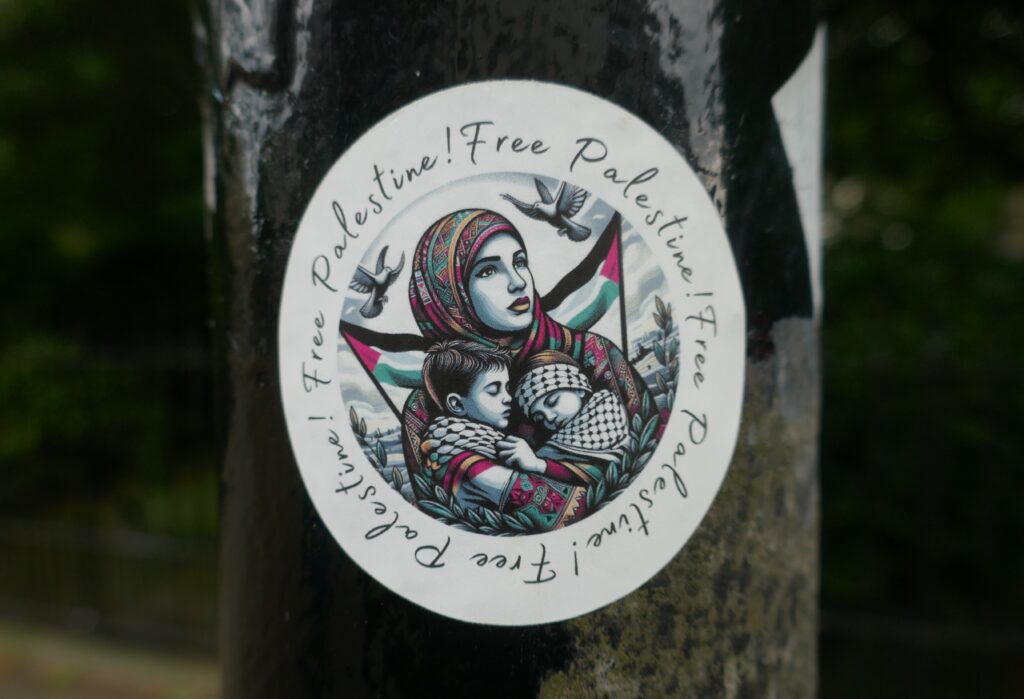
If you are new to activism, I have three general tips to begin:
On to specific things you can do, which I’ve broken out into things you can do in person, by phone, or online. There’s much more information for the online activities simply because they are a bit easier to generalize about and provide links to, not because they are more important than the in-person or phone activities. If you are in a position to be able to do in-person things, I strongly, strongly encourage you to do so, especially for those of us who can’t because we are disabled or otherwise vulnerable.
For any of these actions that rely on the labor of Palestinians and other marginalized people, please compensate them for their work as much as you can! Donate to their Patreons, tip jars, or mutual aid requests, buy their works instead of pirating them, and support or recommend their work publicly.
Finally, this is hardly the only guide out there on what to do. For example, Palestine Diaspora Movement has 101 Actions for Gaza, and the US Campaign for Palestinian Rights has super extensive toolkits and guides.
Things to do in person
Help organize and/or participate in protests, rallies, marches, and civil disobedience events. There are also many different ways to be involved in protests – you can help to organize them; be in a car or bike brigade to provide support to people marching; help with media outreach; bring food, drink, and hand-warmers to people during sit-ins; learn de-escalation techniques and practice them when there is protest opposition; and so on. If you’re able to get involved with a group or collective that organizes protests, you’ll be able to find out what different roles are available. The US Campaign for Palestinian Rights also has an Organizing 101 page with lots of resources.
Get training in various roles that you can perform at protests. If you’re in the UK, Palestine Action holds training days in various cities. You can also train to be a legal observer at protests – I was only able to find resources about this for the US, but try searching your own country as well to see if there are similar trainings.
Go visual with mass postering, stickers, and banner drops. Here’s a guide to wheatpasting and folders of printable pro-Palestine posters and BDS stickers – or, if you’re an artist, create your own!
Be safe and take care of yourself. If you’re disabled, @cripthegig on Instagram has advice on protesting, including what to bring for a protest.
Things to do by phone
Call your elected officials to demand a permanent ceasefire and an end to your country arming Israel if that is relevant to where you live. Live calls are the most effective, so if you are able to make them, please do so. If you have phone anxiety, try calling after hours to leave a message and fill up their inboxes. If you can’t call for any other reason, email or write to your elected officials. Prism offers Resources to Support Palestinian liberation, including links to toolkits that have call scripts and email templates, though they may vary for your country. If you’re in the US, the US Campaign for Palestinian Rights has a toolkit for organizing your own “phone zap” of Congress.
Be a remote support person for protesters. I can’t find a good link for this one, but essentially, if you are unable to protest but know people who are, you can offer to support them remotely – check in with them at scheduled times via text, be available to be their contact person if they are arrested, and so on.
Things to do online and/or remotely
Donate and organize fundraisers. There’s a lot of resources out there on where to donate, so I’m not going to recreate them, but I’ll just add that organizing fundraisers is a great way to amplify your impact, especially if you don’t have the means to donate yourself. You can organize raffles or auctions, open commissions for art or writing, sell arts or crafts that you make, or so many more things. If you’re interested in helping support the two families in Gaza that I’m helping fundraise for, please contact me. Otherwise, you can run fundraisers for organizatons like Project Watermelon that also support Palestinians on the ground.
Boycott products by companies on the BDS list. The BDS (Boycott, Divestment, and Sanctions) Movement, which is made up of thousands of organizations and groups, targets specific companies who are complicit in violations of Palestinian rights, focusing boycotts on a small number of companies and products for maximum impact. And letting the company and other people know that you are boycotting – submitting complaint forms, sharing on social media, etc – is the best way to make your boycott effective.
Pressure governments, institutions, universities, trade unions, and more to divest and/or sanction Israel. The BDS movement is not just about what you as a consumer should or shouldn’t buy – it’s also about pressuring institutions, governments, and unions from ending their business relationships with Israel (the divestment and sanctions pieces). This is where it’s especially helpful to join a BDS campaign local to where you are to find out how best you can be involved.
Help with social media archiving, fact-checking, and documentation. Gaza Media Resources can teach and support you in doing so.
Participate in global strikes. Palestine Diaspora Network has a Global Strike Guide. If you can’t do every part of a global strike, still do as many as you can! And like with boycotts, your striking is most effective when you make it public and talk about it so that others know you are doing it, and when you encourage others to join in.
Learn from and uplift Palestinian voices, and fight back against Israel’s propaganda. Zionism currently depends on Israel’s propaganda strategy, hasbara, to make out that Israel is a victimized country defending itself, rather than a settler colonial state imposing genocide on an Indigenous people. Combatting this propaganda is key to anti-Zionist work, and these resources can help. But don’t fall into the trap of thinking that Palestinian liberation is “too complicated” for you to speak about – we need your voice even while you’re continuing to learn, because it’s simple enough to know that genocide and colonization are wrong and unjust.
Engage with and uplift Palestinian art and culture. There’s a reason that writers, photographers, artists, and cultural institutions have been targeted by Israel’s attacks – genocide relies on the obliteration of culture and art, because Zionists want to erase the Palestinian identity entirely, and art is often an area of resistance and where Palestinians can make their voices heard. Combat that by engaging with and sharing Palestinian culture and art. (Literature and film are the mediums I know best, so they’re a bit overrepresented here!)
Buy from Palestinian-owned shops and businesses. @sulfurcosmos on Tumblr has a great list of Palestinian businesses.
Talk about Palestine literally everywhere you can. Palestinian-American poet Rasha Abdulhadi called on fellow poets to “hijack the space of the bio” to talk about Palestine when their pieces are published. You don’t have to be a published poet to take this idea forward! Talk about Palestine on social media. Talk about Palestine to your friends and family. Talk about Palestine at work and school. Talk about Palestine wherever you have a voice, until Palestine is free.

